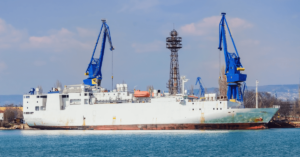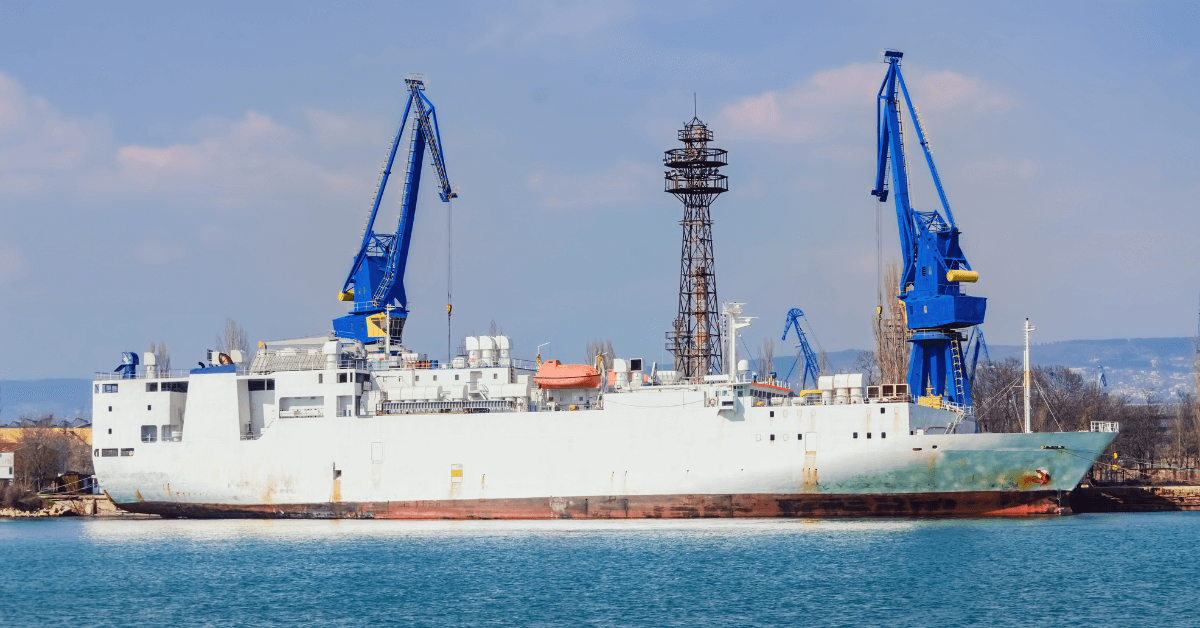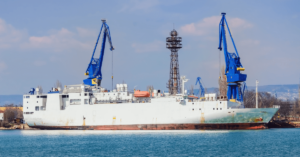
India’s First Ancient Stitched Ship Launched In Goa, Set For Historic Voyage
February 27, 2025
U.S. Dockworkers Secure Historic Deal With 62% Pay Hike & Job Protections
February 27, 2025

Argentina has officially lifted its long-standing ban on live cattle exports for slaughter, reversing a policy that had been in place since 1973.
The decision aims to deregulate South America’s second-largest economy and promote free-market competition.
The agriculture secretariat announced the decision on February 26, stating that the change would create “greater competition within the meat and livestock chain.”
The measure, effective from Thursday, will allow cattle to be sent to slaughterhouses aboard for the first time in over five decades.
Argentina, globally recognised for its high-quality beef and traditional asado barbecue, has a strong agricultural sector that serves as the country’s main source of foreign currency.
Sales of beef, corn, soybeans, and wheat help finance imports and service national debt, making agricultural exports a critical part of the economy.
The removal of the export ban follows a series of measures introduced by the President Javier Milei’s government to boost trade.
Earlier this month, his administration announced a temporary five-month tax cut on grain and derivative exports to encourage international sales.
Additionally, the government has reduced beef export duties from 9% to 6.75% late last year to make Argentine beef more competitive in global markets.
These policies aim to attract foreign investment and support economic growth by reducing state intervention, a key priority for Milei.
Argentina is among the world’s top beef producers, with a cattle herd of approximately 53 million, surpassing its human population. In 2024, the country’s beef exports reached 935,000 metric tons, marking a 10% increase from the previous year and the highest volume in a century.
However, this figure remained slightly below the record 981,000 tons exported in 1924.
Beef exports from Argentina include chilled, frozen, and processed meat, reaching 53 foreign markets last year, 11 more than in 2023. Nearly 70% of the shipments were sent to China, followed by the European Union and Israel.
The lifting of the ban is expected to increase export opportunities but it could also disrupt Argentina’s domestic meatpacking industry.
Leading local meat processors, such as Grupo Coto and Grupo Beltran, will now face competition from Brazilian companies like Marfrig Global Foods SA and Minerva SA, which already have a strong presence in the market.
References: Reuters, country-guide
Source: Maritime Shipping News


